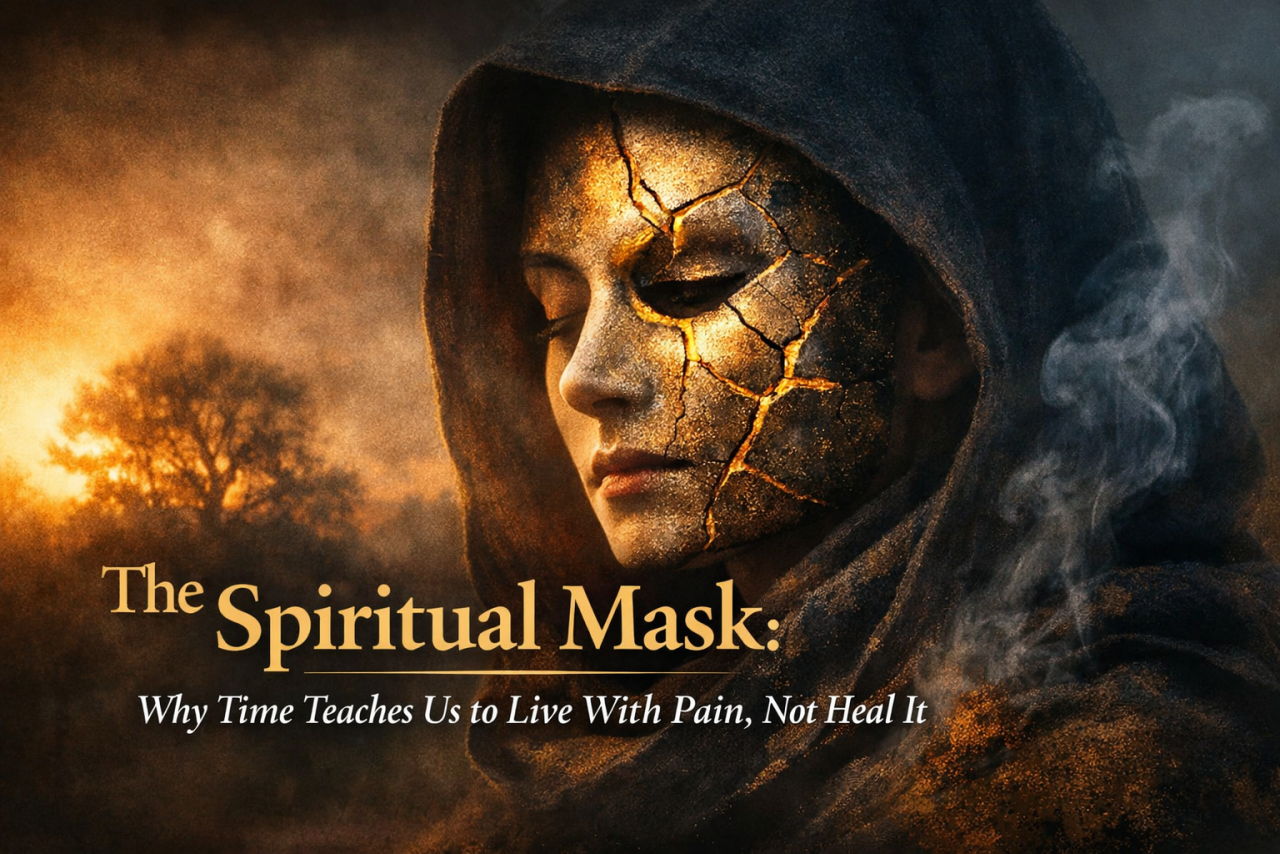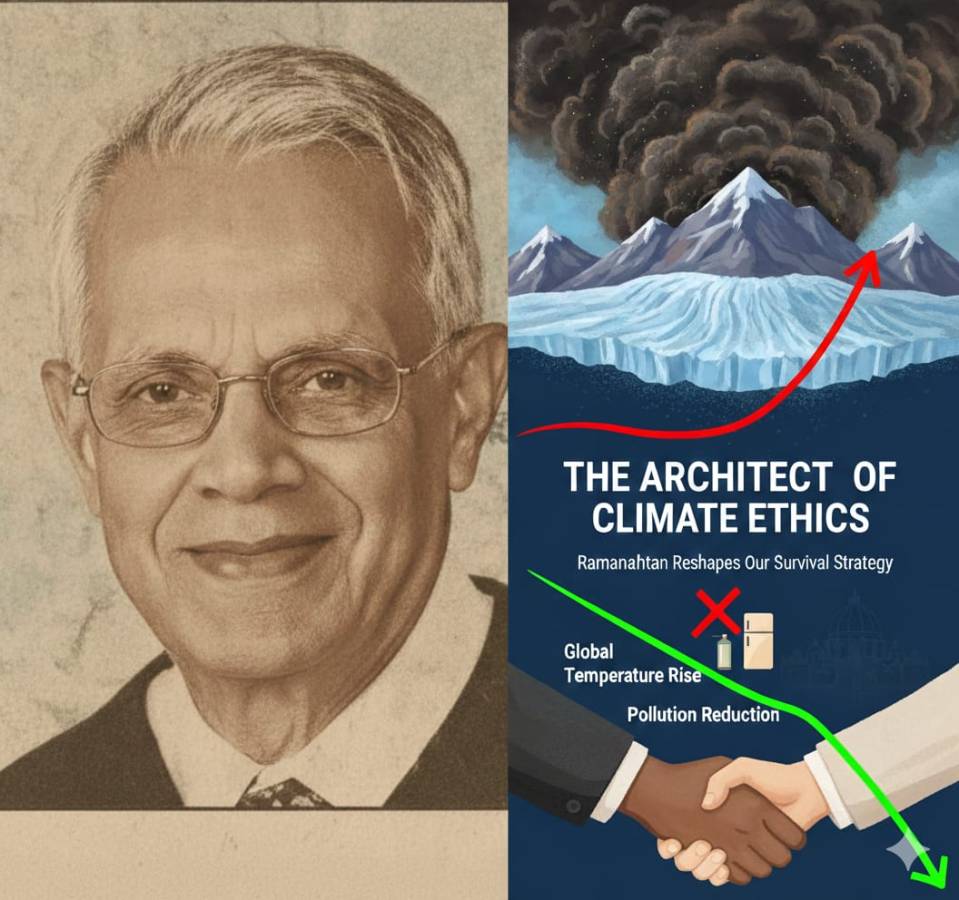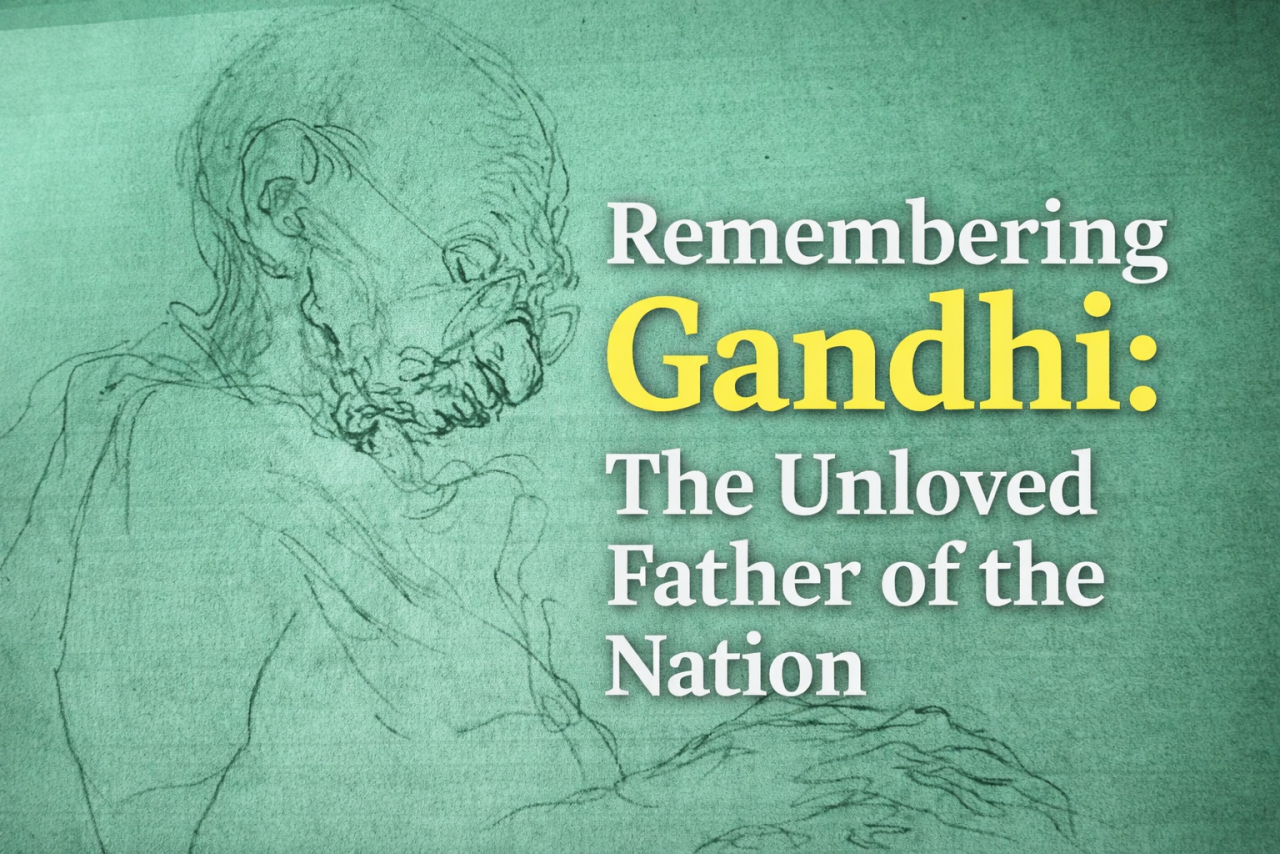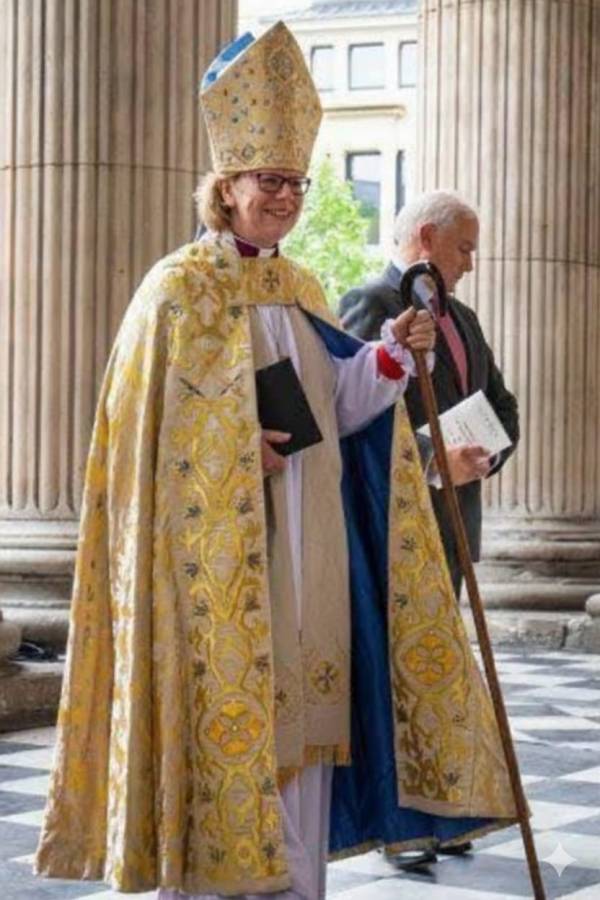
In the shadowed recesses of the mind, where the past lingers like a ghost, there exists a peculiar and unyielding torment—memory. It is a punishment most exquisite, a sentence without reprieve, for memory binds the soul to what once was, shackling it to joys and sorrows alike. It is a cruel warden, forcing us to relive moments we would rather forget, and to yearn for those we can never reclaim. Memory, in its capriciousness, is both a curse and a testament to our humanity.
Consider, if you will, a man—no, not merely a man, but a soul adrift in the vast sea of time. He sits alone in his study, the firelight casting flickering shadows upon the walls. The clock upon the mantelpiece ticks with a maddening regularity, each second a reminder of time's relentless march. Yet, it is not the future that weighs heavily upon his brow, but the past—the immutable, inescapable past.
He closes his eyes, and there she is—always she. Her face, pale as moonlight, framed by tendrils of dark hair that seem to float upon an unseen breeze. Her laughter, once so sweet, now echoes in his ears like the tolling of a funeral bell. She is gone, lost to him forever, and yet she remains, preserved in the amber of his memory. How cruel, how bitterly cruel, that the mind should cling so tenaciously to what the heart can never again possess!
Memory is punishment, for it forces us to relive our joys as sorrows, our triumphs as failures. It is a mirror that reflects not what is, but what was, and in doing so, it mocks us with the irretrievable nature of our desires. The man in the study knows this all too well. He has tried to drown his memories in drink, to bury them beneath the weight of new experiences, but they are inexorable. They rise, unbidden, from the depths of his consciousness, like specters from a grave.
And what of the memories we wish to forget? Ah, there is the true cruelty. The mind, in its perverse wisdom, clings most fiercely to those moments we would rather erase. The harsh word spoken in anger, the betrayal committed in weakness, the opportunity lost to fear—these are the memories that fester, that gnaw at the soul like a canker. They are the sins for which we can never atone, the wounds that never heal.
Yet, for all its cruelty, memory is also a testament to our humanity. It is the thread that binds us to our past, that gives shape and meaning to our existence. Without memory, we would be but empty vessels, adrift in a sea of oblivion. It is memory that makes us who we are, that gives us our identity, our continuity. And so, we endure its punishments, for to lose our memories would be to lose ourselves.
The man in the study rises from his chair and steps to the window. The night is dark, the stars obscured by clouds. He gazes out into the void, and for a moment, he feels a strange kinship with the universe—vast, unknowable, and infinitely lonely. He knows that his memories will never leave him, that they will follow him to the grave and beyond. But he also knows that they are a part of him, as much as the blood in his veins or the breath in his lungs.
And so, he turns away from the window and returns to his chair. The fire has burned low, but he does not stir it. He sits in the gathering darkness, his memories swirling around him like phantoms. He does not fight them, for he knows that they are his punishment—and his redemption. In the end, memory is all that we have, all that we are. And though it may be a punishment, it is also a gift—a gift that we must cherish, even as it breaks our hearts.
In this way, memory is both a burden and a blessing, a punishment and a prize. It is the essence of our being, the sum of our experiences, and the keeper of our truths. And so, we carry it with us, through the darkness and the light, for it is the very fabric of our souls.





















